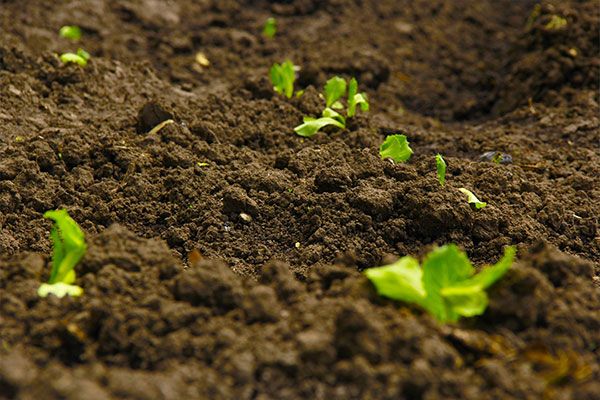Blog Archives

Over the past several years, the State of California has passed two legislative bills related to the diversion of organic waste from landfills, and the use of the resulting composted material. Read more for a quick summary of these bills, and resources for Municipalities, Regulators, and Water Consultants to better utilize these recycled materials.
AB 2411 – Solid Waste: Use of Compost & Planning (2018)
According to the bill fact sheet, “AB 2411 will spur a market demand for compost created in California by requiring public agencies to study the feasibility and establish best practices for using compost. Compost is the end result of diverting organic waste from landfills to composting facilities, greatly reducing climate change causing emissions…Organic recycling is the most cost effective way for California to reach its climate goals. Ensuring a healthy market for compost is a vital component of the state’s plan to combat climate change.”
This bill impacts CalRecycle, Caltrans, and CalFire, by directing them to change practices and identify uses of compost.
SB 1383 – Short Lived Climate Pollutants (2020)
CalRecycle is the owning entity of this bill, which focuses on reducing greenhouse gas emissions and diverting organic waste in response to the climate crisis. This bill requires:
- a 50 percent reduction in organic waste disposal from 2014 levels by 2022, and a 75 percent reduction by 2025
- the diversion of up to 27 million tons of organic waste by 2025 to reduce greenhouse gas emissions
After the organic waste is processed, this will amount to an additional 20 million tons of finished compost. According to CalRecycle, “As California collects and recycles organic materials, local governments will be required to use the products made from this recycled organic material, such as renewable energy, compost, and mulch.”
Now, what happens to all this compost?
There are many ways that Municipalities, Regulators, and Water Consultants can utilize compost in their work to help meet these legislative requirements. The use of compost-based BMPs not only cleans our stormwater prior to entering our waterways, it also utilizes diverted green waste.
Municipalities:
You can take an active role to promote sustainable BMP’s in your communities by using certified composted organics to clean storm water and reduce CO2 emissions. Currently compost is used primarily in LID applications. Consider including into BMP handbooks the use of composted products for construction and industrial sites specifically for sediment control along with filtration of the four standard urban pollutants: oil & grease, heavy metals, nutrients and bacteria. Replace fiber rolls, rock bags and silt fence with compost filter socks – learn how the life cycle cost and performance of these BMPs compares.
Regulators:
Consider the use of recycled organics that meet both the CalRecyle goal of reducing materials going to landfills and the State Water Resources Control Board goal of cleaner storm water while using sustainable materials.
Water Consultants:
Proactively research current technologies that use recycled organics to clean storm water. Specify sustainable materials instead of traditional BMP’s like fiber rolls, rock bags and silt fence. Help change the contractor’s paradigm and incorporate sustainable organic materials into current or future SWPPPs as both erosion control and sediment control BMP’s. Composted material applications can be used for both temporary and final BMP’s.
Please consider these materials to help our storm water community embrace a sustainable future. For more information about these Legislative Bills or compost BMPs, feel free to contact Filtrexx.
Bryan Hofmann, QISP, is a Regional Representative for Filtrexx, covering Northern California, Oregon, and Washington, with over 30 years of experience in sales. Bryan educates through consultative techniques and local seminars on the use of Filtrexx Products to storm water professionals, landscape and architectural designers, engineers, municipalities, regulators, and urban agriculturalists. He helps people connect with local organics and incorporate sustainable products in construction, landscape, industrial and agricultural markets. In his free time, Bryan enjoys fishing.
